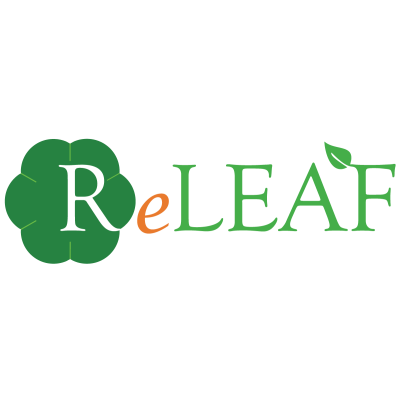
ReLeaf
Recycling Locally Produced Bio-Wastes to Ensure Affordability and Availability of Innovative Bio-Based Fertilisers

Recycling Locally Produced Bio-Wastes to Ensure Affordability and Availability of Innovative Bio-Based Fertilisers
EU reliance on synthetic and fossil-based mineral fertilisers, with 9.8 million tonnes of nitrogen and 1.1 million tonnes of phosphorous used in EU28 agriculture in 2021, poses a threat to future food security. The ReLEAF project addresses this challenge by producing bio-based fertilisers from waste streams like sewage sludge, fish processing waste and wastewater, mixed food waste, and agri-food residues.
The project will demonstrate suitable extraction techniques in 5 sites across Europe.. It will engage with stakeholders to promote widespread acceptance and industrial scale-up of bio-based fertilisers, thus contributing to sustainable agriculture in Europe.
The ReLEAF project aims to develop safe, sustainable, and competitive bio-based fertilisers by optimising innovative technologies to recover valuable nutrients and biostimulants from abundant bio-wastes. The main objectives include:
The ReLEAF project aims to valorise widespread bio-waste streams across Europe to produce safe, sustainable, and efficient bio-based fertilisers. The benefits include: